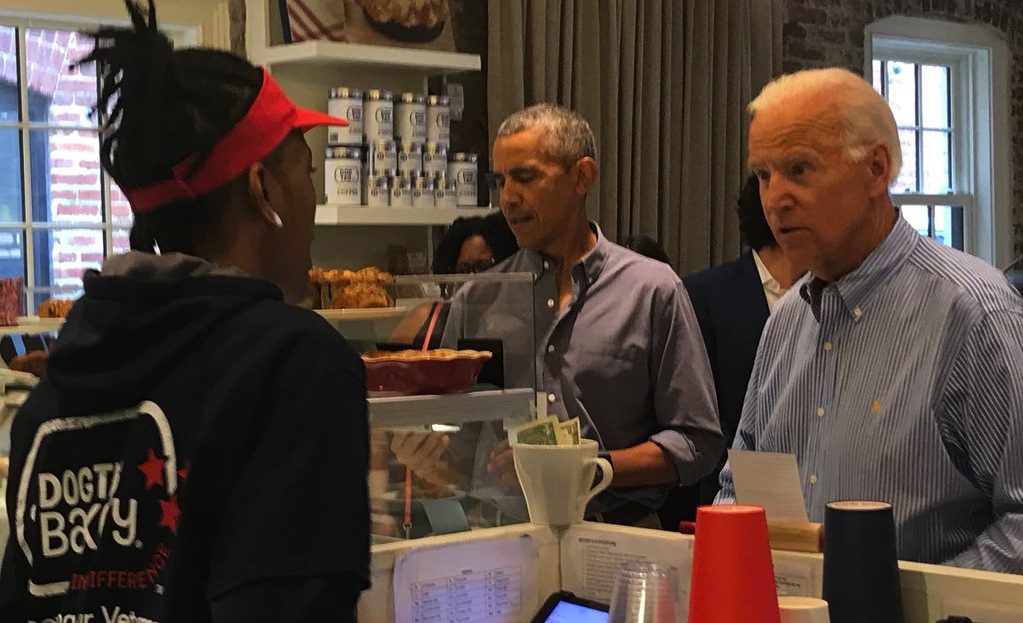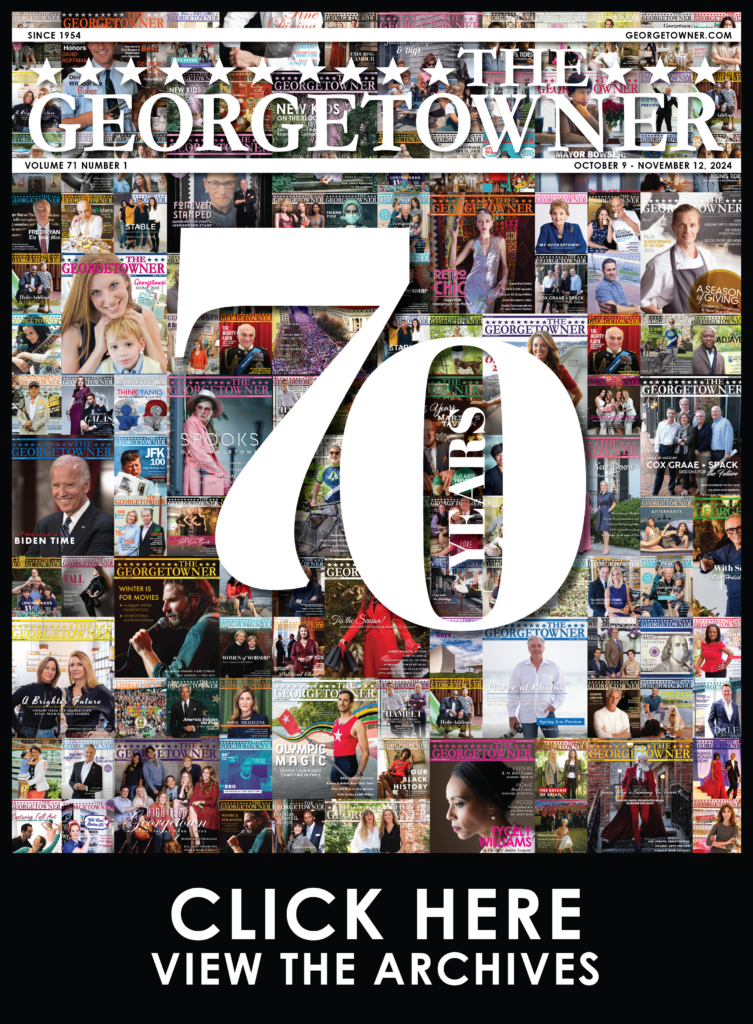A Parade of Presidential Candidates
By • August 1, 2019 0 651

Before and lest we forget (and in no particular order): Bernie Sanders. Elizabeth Warren. Beto O’Rourke. Amy Klobuchar. John Hickenlooper. Pete Buttigieg. Tim Ryan. John Delaney. Marianne Williamson. Steve Bullock. Joe Biden. Kamala Harris. Cory Booker. Andrew Yang. Julian Castro. Tulsi Gabbard. Kirstin Gillibrand. Jay Inslee. Michael Bennet. Bill de Blasio. Tom Steyer. Mike Gravel. Joe Sestak. Jeff Moulton.
Remember those names.
By the end of September, you may have forgotten quite a few of them. Such is the cruelty of politics in the age of the 24-hour news cycle, the short attention span and the structure and rules of the Democratic Party’s presidential election and primary process, which will continue to be the longest ongoing show in the country outside of “Law and Order” reruns, “Wicked” tours and the daily Trump tweets.
The Trump tweets, almost as long as the Mueller Report but without redaction or spellcheck, act as a kind of running political leitmotif in which the president acts as a daily reviewer-critic, ratings counter, jester and purveyor of nicknames. Leitmotifs can also be found in Wagner and “Carpool Karaoke.”
Things will be a mite tougher come the next debate, which will be held Sept. 12 and perhaps Sept. 13 in Houston at Texas Southern University, hosted by ABC News and Univision. The two previous debates, including this week’s bar brawls with gloves on, had relatively loose qualification rules.
With some hyperbole (everybody’s doing it), you could get in with a wooden nickel, a smidgen of a pulse in the polls, a vision that Maryanne Williamson hasn’t already copyrighted, an ability to put a sentence together, at least a decent stab at explaining universal health care to the satisfaction of some and a ready gotcha for the frontrunner, which so far, but maybe not by Friday, is still Joe Biden.
This time around you must have at least a two-percent showing in four national Democratic National Committee-approved polls and 130,000 unique donors, including at least 400 unique donors in 20 or more states. The deadline for meeting the qualifications is Aug. 28. The result could cut the total numbers by half.
So far, only seven candidates have qualified: Biden, Booker, Buttigieg, Harris, O’Rourke, Sanders and Warren.
Beyond that, the two debates this week, moderated by bossy CNN personalities and journalists, did not necessarily diminish individual participants — although God knows Joe Biden took his share of blows and still did it his way, which is both often a good thing and sometimes not so much.
Some hopes and predictions were in the air, mostly held by the media who thought that Biden would come under fire — which he did — and that Warren and Sanders would tangle or at least provide a useful discussion about universal health care — which they did and didn’t.
As for setting the parameters among centrists and progressives, they appeared to be in the early stages of evolution. The so-called moderates in the party (and they are emerging, prodded in part by the fear of being called socialists) wanted a health care plan with more options, not taking things away but adding more.
Everyone from Sanders-Warren on down cut up the drug companies. Sanders apparently took his notes from a visit to Canada which he saw as a road map. Warren, exasperated at criticism from moderates, complained about people running for president fearing to go bold. “What’s the point,” she asked, “of running for president if you’re afraid to do big things.”
Mayor Pete (as he’s now being called, because most people can’t pronounce or spell his last name Buttigieg) is the youngest person in the lists: the mayor of South Bend, Indiana, the heart of Trump-Pence land, a gay married man and military vet who seemed to embrace the nuances of every issue that came up, be it health care, the environment or immigration, and in so doing, despite his youth, tried to be the adult in the room.
The media was particularly impressed with spiritual guru Maryanne Williamson, who said she wanted a “politics that goes much deeper, that speaks to the heart.”
Biden was judged to be both in top form and less of a top form. He was once again assailed by Harris for his past views and actions on race and civil rights when he was a young senator. He defended and invoked Obama’s name often, attacked Booker for inaction while he was mayor of Newark and, with some humor, defended his ground with that patented Biden style, part eloquent and part folksy.
Booker called for the party to unite against Trump, then promptly assailed Biden. Hawaii Rep. Tulsi Gabbard took a page out of the Harris attack book by questioning her work as a California prosecutor.
Booker was the Booker of old — funny, inspirational, hard-nosed and fully engaged. He probably moved upward from a so-far unimpressive campaign.
Booker emphasized that the main fight was against Trump’s election. Harris went further, calling Trump a “predator.” But the battle against Trump was not yet fully engaged.
What’s most impressive about both sets of debates was essentially the Democratic Party’s calling card, warts and all. On display, fully, in the flesh, was a party that embraces diversity and shows it, not just with lip service, but the real thing.
In the summer of 2019, the Dems have given us a parade of candidates, representing just about every aspect of American society: men and women; African Americans and Latinos; men in gray and one that’s gay; rich and not so rich; politicians to the core and amateur warriors — a group that has earned the right to talk about imagining the dreams and rights of others.

